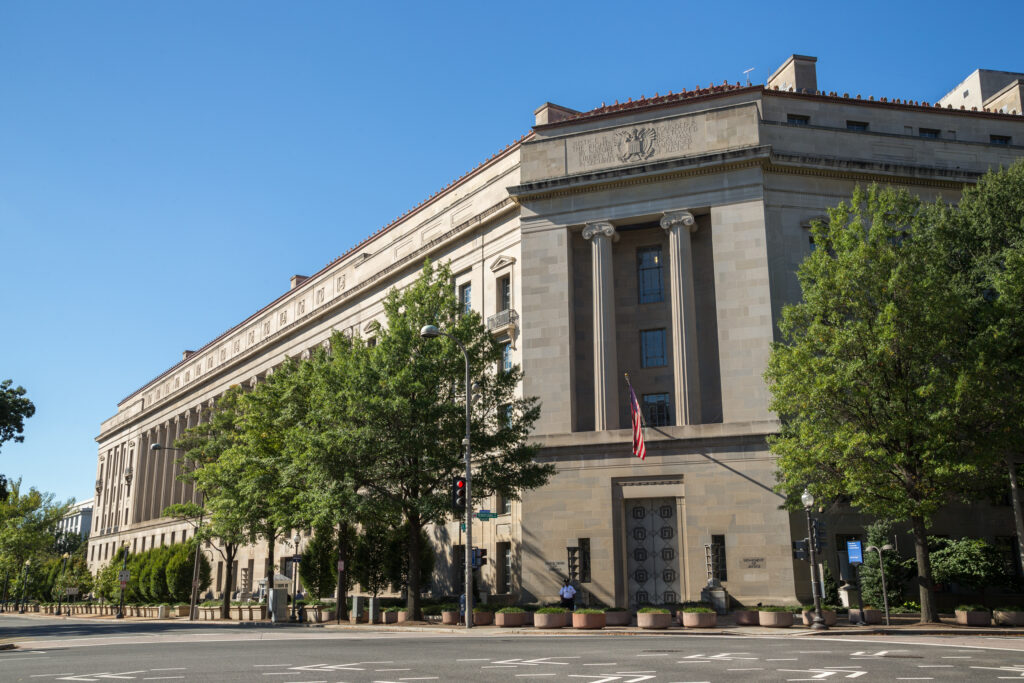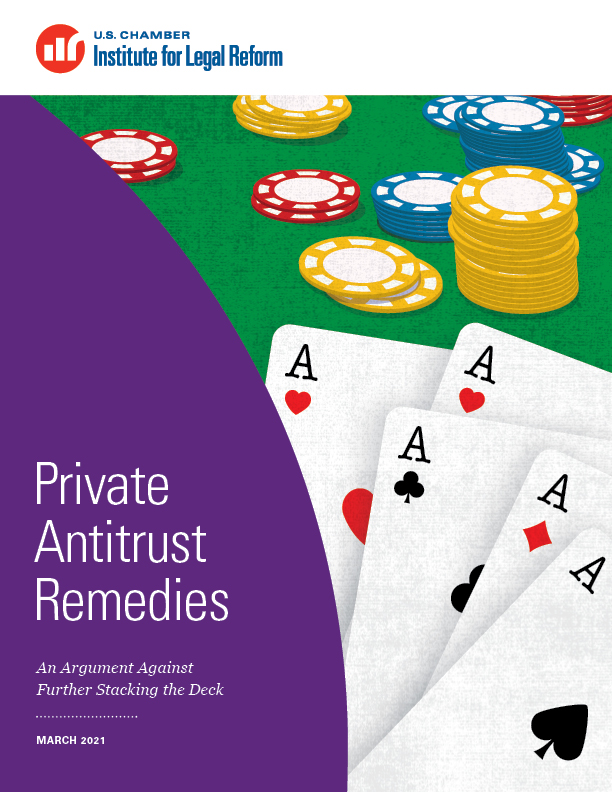Many people make New Year’s resolutions to change certain aspects of their lives, while others keep doing the same old things. In the early weeks of 2018, certain states are already pushing forward and making meaningful strides on legal reform: Missouri and West Virginia have each advanced bills to rein in out-of-state lawsuits from people with no connection to their respective states. Kentucky has introduced a bill to start the constitutional reform process to guard against run-away damages awards. Florida has seen mixed results, but is working to advance a bill that would curb scam home repair lawsuits.
Why does this matter? Having a credible legal environment is an attractive selling point when business executives consider possible relocations or business expansions according to the 2017 Lawsuit Climate Survey: Ranking the States—released late last year—and each state mentioned above ranked in the bottom 10.
This national survey conducted by the Harris Poll explores how fair and reasonable the states’ liability systems are perceived to be by U.S. businesses. The survey revealed that 85% of senior lawyers and executives feel that the litigation environment in a state is likely to impact important business decisions, such as where to locate or expand business.
For the survey, a national sample of 1,321 in-house general counsel, senior litigators or attorneys, and other senior executives graded each state on the following areas:
- Enforcing meaningful venue requirements
- Overall treatment of tort and contract litigation
- Treatment of class action suits and mass consolidation suits
- Damages
- Proportional discovery
- Scientific and technical evidence
- Trial judges’ impartiality
- Trial judges’ competence
- Juries’ fairness
- Quality of appellate review
These grades were then combined to score and rank each state on their liability system. South Dakota, Vermont, and Idaho were ranked the top three, while Illinois, Missouri, and Louisiana were the bottom three. However, some of these states may have received low grades on performance due to the individual rankings of one or more of their counties or jurisdictions.
Since the 2017 Lawsuit Climate Survey was initiated in 2002, some states have made significant efforts to improve their standing, while others lagged behind. “If this were a marathon, the pack of runners would be tightening, and running faster. States not keeping up on legal reform are being passed by,” said U.S. Chamber Institute for Legal Reform (ILR) President Lisa A. Rickard.
She cautioned that overall improvement doesn’t mean states have achieved a healthy lawsuit climate. “There’s been progress, but let’s not kid ourselves—the ‘sue ‘em’ culture in the U.S. is still the world’s worst.”
During the most recent Legal Reform Summit, Thomas J. Donohue, President and Chief Executive Officer, of the U.S. Chamber of Commerce, spoke on how lawsuits of all kinds are growing in size, scope, and complexity. And an entire industry is cropping up to finance these lawsuits.
“We’re seeing ramped growth in class action lawsuits that have no merit that allow unharmed individuals to join suits that give the rise to the serial plaintiff,” Donohue said.
With this being the 11th survey and state ranking to be released, last year’s findings revealed the “overall average scores of the states are increasing and senior lawyers and executives in large corporations tend to have positive perceptions about the fairness and reasonableness of state liability systems overall.”
The survey also noted that more than 6 in 10 respondents “view the fairness and reasonableness of state court liability systems in the United States as excellent or pretty good, up from 50% in 2015 and 49% in 2012.”
According to Rickard, West Virginia is one of the states that has improved vastly and the most recent ranking has been their best showing yet—moving from #50 to #45 after never ranking higher than 49th in the 10 previous surveys spanning 15 years.
“West Virginia’s hard work to improve its lawsuit climate is paying off, and state lawmakers and Governor Jim Justice can take lots of credit,” said Rickard. “In the last three years, they’ve passed some of the most meaningful tort reforms in the state’s history.”
Shouldn’t your state resolve to improve its liability systems before the next rankings are released? No state can afford to be left behind.



